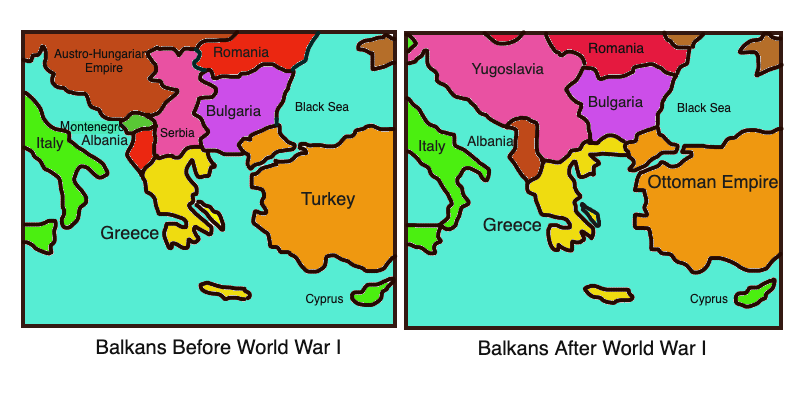| Fronts of World War I |
| Western Front |
| Eastern Front |
| Italian Front |
| Balkan Front |
| Middle-Eastern Front |
| African Front |
The Balkan Front was a significant battleground because it was strategically important for both sides. The Central Powers wanted to control the Balkan region and its resources, particularly its access to the Mediterranean Sea. On the other hand, the Allies wanted to protect their interests in the Balkans and prevent the Central Powers from gaining control. The war in the Balkans began in 1914 when Austria-Hungary declared war on Serbia, which had been accused of supporting the assassination of Archduke Franz Ferdinand of Austria-Hungary. The conflict quickly spread throughout the region, with other countries joining the war. The first major battle in the Balkan Front was the Battle of Cer in August 1914, where the Serbian army, led by General Stepa Stepanovic, decisively defeated the Austro-Hungarian army. The battle was significant because it was the first Allied victory of World War I and demonstrated Serbia's military strength. The conflict continued in the region, with various battles and campaigns fought by both sides. One of the most significant battles was the Battle of Salonika, also known as the Macedonian Front, where the Allies established a new front line in Greece. The battle lasted from 1915 to 1918, and the Allies were eventually able to push the Central Powers back and win the war in the Balkans. The Balkan Front was also significant because it contributed to the decline of the Ottoman Empire. The Ottomans had lost much of their territory in the Balkans before the war, and the conflict further weakened their military and political power. The war also led to the establishment of new states in the region, including Yugoslavia, which was formed after the war from the former territories of Serbia, Montenegro, and Bosnia-Herzegovina. |
